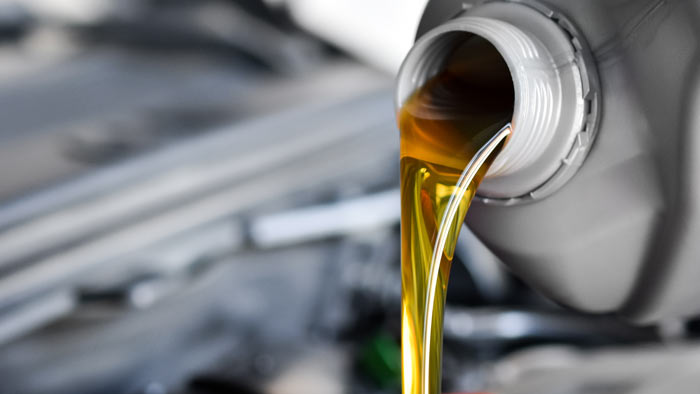
ACC’s Petroleum Additives Panel reports on ILSAC GF-6 progress – Tech Demo underway
The development of the new International Lubricants Specification Advisory Committee (ILSAC) GF-6 passenger car engine oil (PCEO) category has been a long and arduous process, which continues to this day. Over six years after the “Needs Statement” was proposed, this industry effort is now at the end of the engine test development stage and moving on to the oil development stage. Until this point, the development of two brand new engine tests and five replacement tests has been managed by the American Petroleum Institute (API) for the Automotive Oil Advisory Panel (AOAP) group, a consensus body made up of individual companies representing the equipment makers, oil marketers, base oil suppliers, and additive suppliers, as described in API 1509 Annex C.2.1. At this point, the emphasis changes from equipment manufacturer driven to additive and oil company driven. However, while the different stages of specification development are considered driven by one group, it really involves the entire body who each have input and make contributions.
The American Chemistry Council’s Petroleum Additives Panel (ACC PAP) is the trade organization representing a number of the major additive companies involved in the AOAP process and is the owner of the ACC Code of Practice (COP). The ACC COP helps the oil development process, with the key cornerstones being openness and transparency, having a level playing field for all stakeholders and adopting accurate and reliable engine tests. As such, ACC PAP has been actively involved from the beginning of the ILSAC GF-6 process and provides a critical role in this Industry specification and test development process.
A great deal of work has been done to develop ILSAC GF-6 and the supplemental category API SN PLUS, but much more is needed to successfully complete this development process. While developing the ILSAC GF-6 specification, ILSAC presented a critical need related to Low-Speed Pre-Ignition (LSPI) that required an additional effort to develop a supplemental category – API SN PLUS. This supplement had a material impact on package componentry necessitating chemistry rebalance from current ILSAC GF-5 commercial chemistries, in some cases, related to critical detergent and anti-wear systems. While these LSPI fixes will likely carry over to ILSAC GF-6, additional test requirements also need to be considered. The chain wear test, Sequence X, accepted into the COP on 10 May 2018, is a new performance requirement being studied. Sequences IIIH, IVB and VH are said to be “replacement” tests, but these are showing potentially different appetites (chemistry drivers) than the tests they are replacing and were not required for API SN PLUS. These new durability requirements need to be balanced with two new fuel economy tests, the VIE for legacy viscosity grades and the VIF for the new SAE 0W-16 fuel economy grade. This lower viscosity grade product may impact durability and alter basestock selections, particularly with the tightening of engine oil volatility requirements.
The technology demonstration period for the ILSAC GF-6 specification development process started on 27 June 2018. The purpose of the technology demonstration period is to understand performance levels and produce a recipe for a lubricant (additive package, viscosity modifier, and basestock) that can meet all the performance requirements in the proposed ILSAC GF-6 specification. ACC PAP members agreed that work on ILSAC GF-6 type formulations could commence in all but the Sequence IVB test. ACC PAP is closely monitoring the Sequence IVB Task Force work on reducing test lab differences and on measuring the new parameter introduced, end of test iron levels. Also being monitored is the testing volume per month along with the test capacity and impact of possible VH fuel outage and running BOI/VGRA matrices.
The specification development process is proving slow and costly. Hardware is changing quickly and chemistry needed to address lubrication is changing. This complexity is leading to concerns with the sustainability of our current specification development process, backward compatibility and test relevance going forward. Stakeholders are aware of the issues and have come together to work on them in a newly formed API sponsored workgroup – Lubes Specification Development Review Group (LSDRG). ACC PAP is helping work the strategic aspects of these systems, along with the other stakeholders, to seek improvements to the category development model to enable time-efficient development cycles, promote cost-efficient testing, develop field relevant tests, enable lubricant innovation and provide customer benefits.











